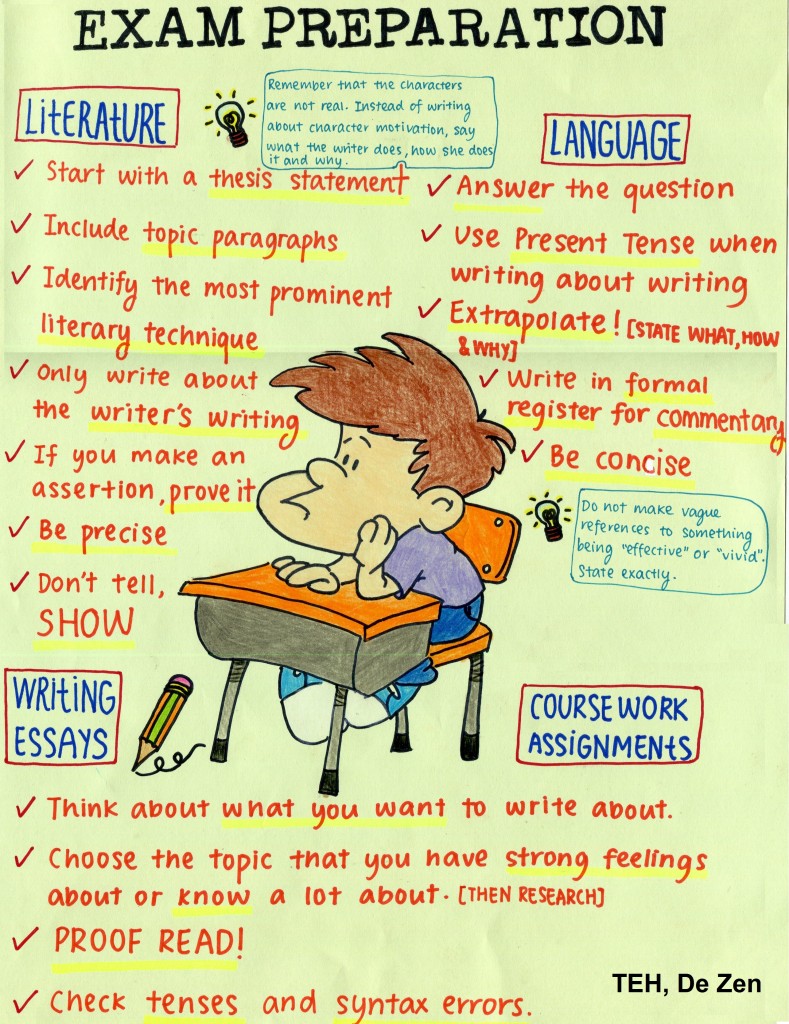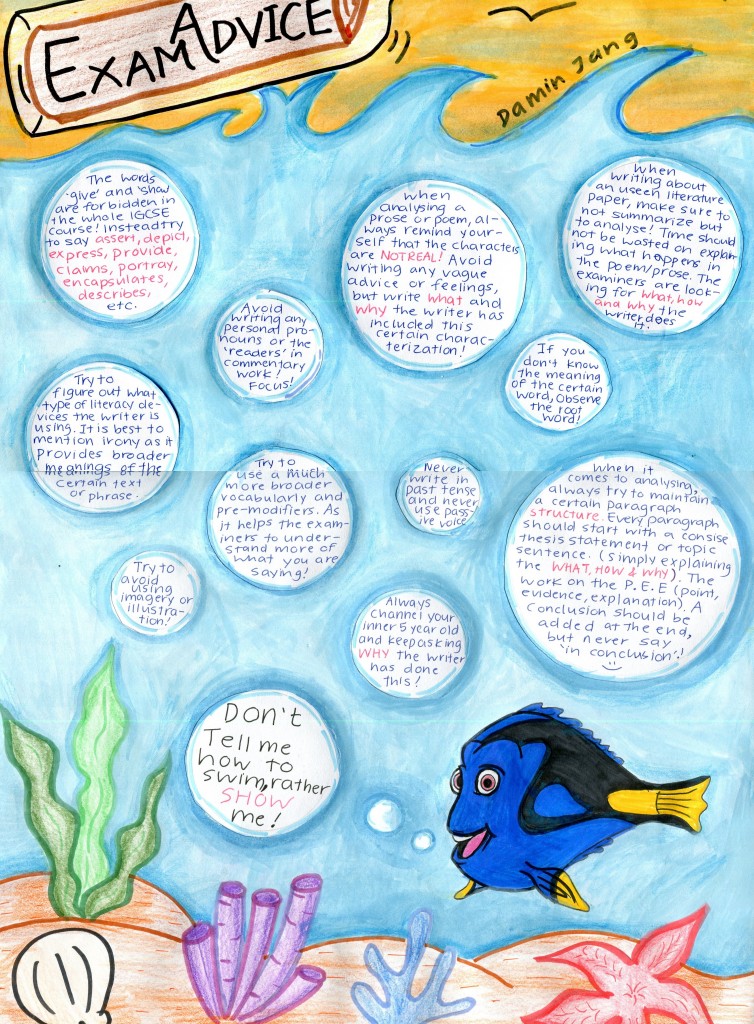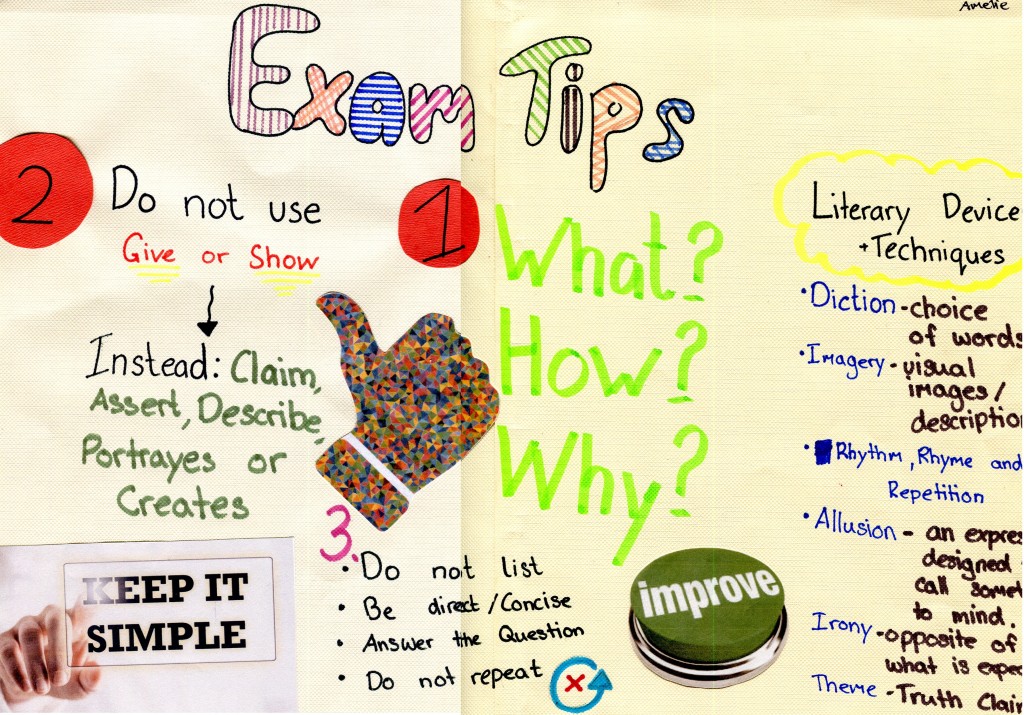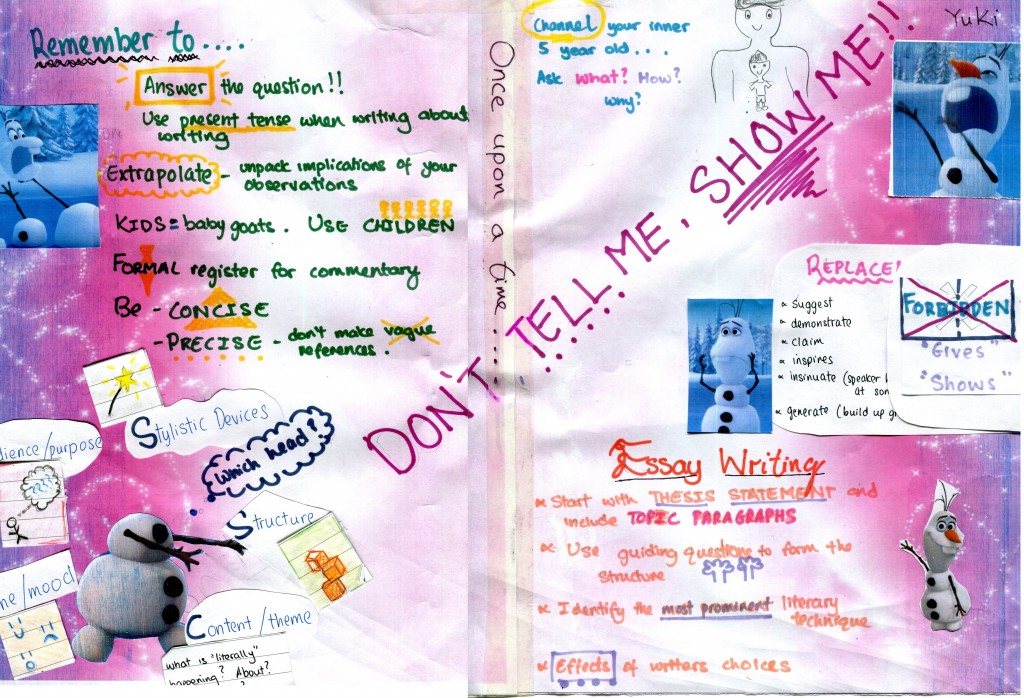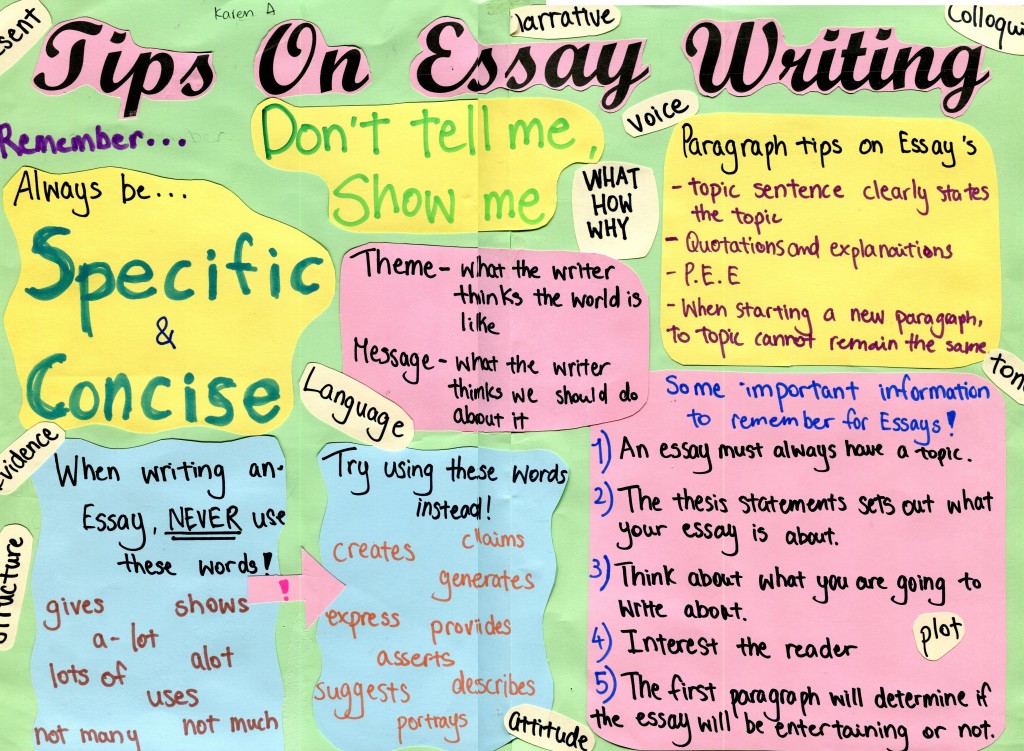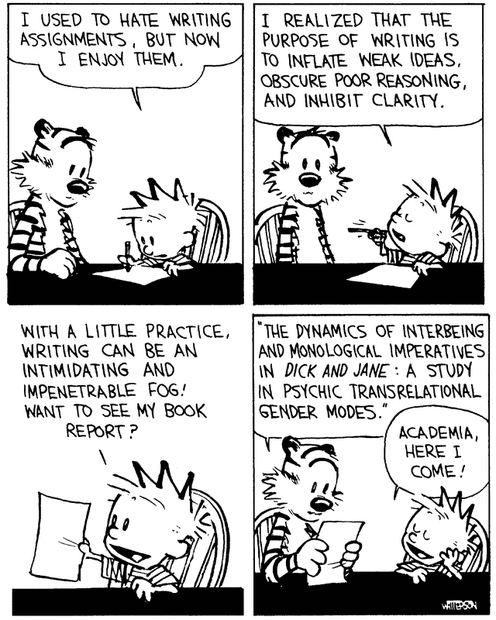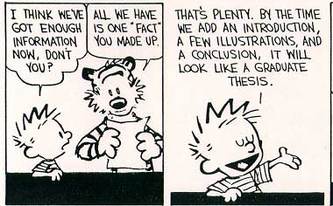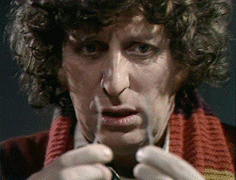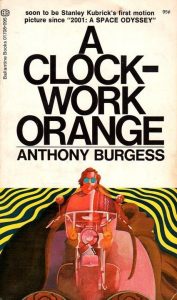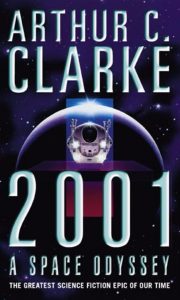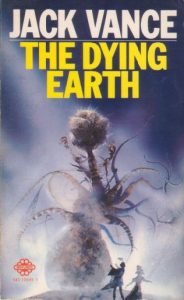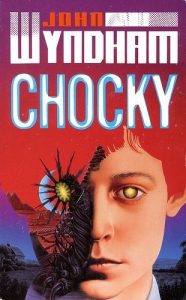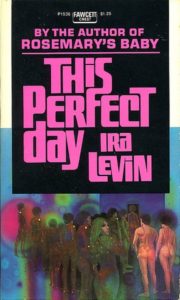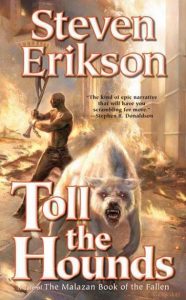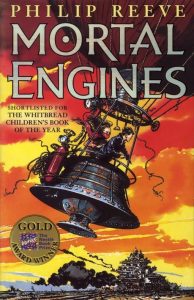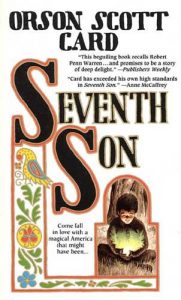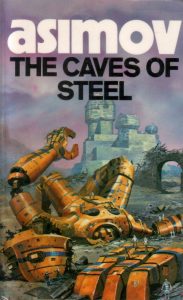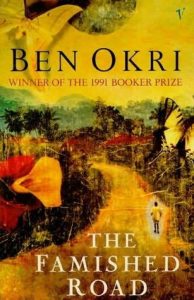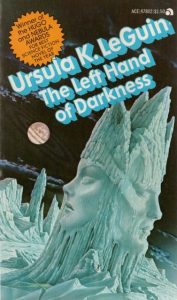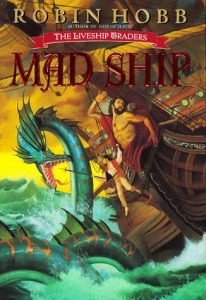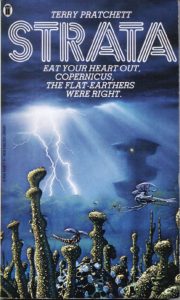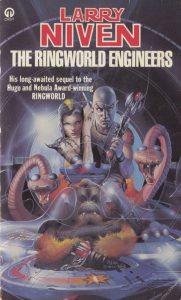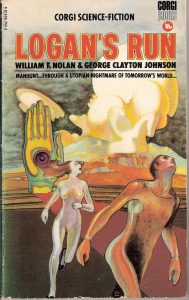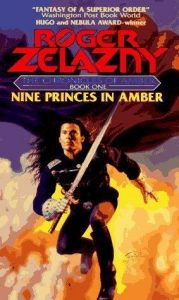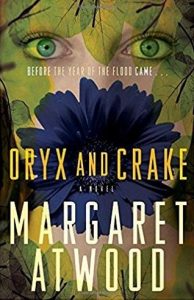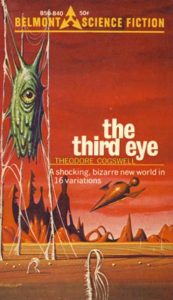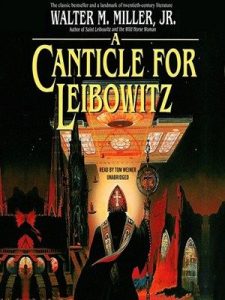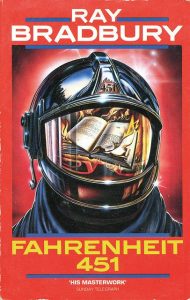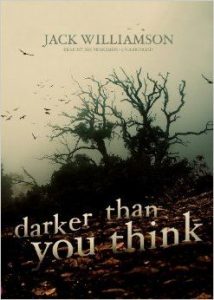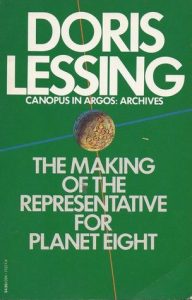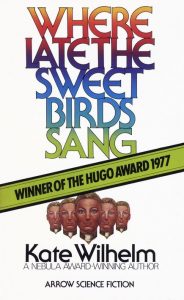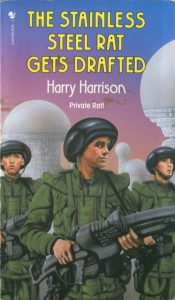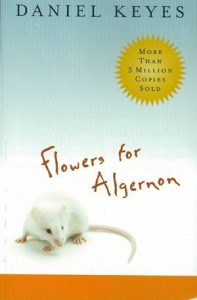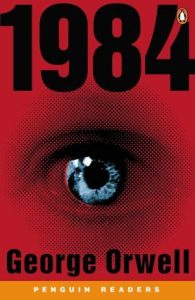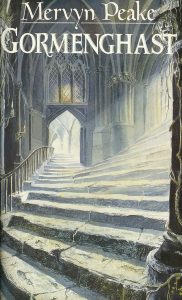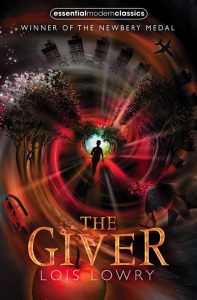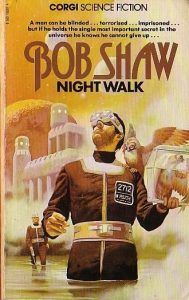Posts Tagged ‘commentary’
-
Essay Advice
16/06/2016 by axonite
Category Exams, IGCSE, Writing | Tags: commentary,exams,igcse,writing | No Comments
-
Advice for Commentary Writing
29/01/2014 by axonite
At IGCSE and IB level, the skill of commentary writing (sometimes called Practical Criticism) is something that students need to develop. Whether writing on a whole text, an excerpt from a text or a poem, there are guidelines to help you.
I often have the feeling that even at the best of times literary criticism is fraudulent… One’s real reaction to a book, when one has a reaction at all, is usually “I like this book” or “I don’t like it”, and what follows is a rationalisation.
– George OrwellAlways focus on the HOW? WHAT? and WHY? questions (not necessarily in this order).
WHAT type of text is it? (Biography, travel writing, narrative etc).
WHAT is the topic and WHAT does the author say to us?
WHAT tone emerges?
HOW does the writer shape his/her work – and to what effect?
WHY? Even though you will spend the bulk of your essay explaining HOW a writer says something, the WHY is the most important question. We can never know what an author “intended” – only what the text says. Nor is there a “hidden meaning.” However, from the choices that the author makes and the effects of those choices, we may infer.
The ‘Unseen’ exam
In the ‘unseen’ exam, you should only write about the excerpt on the page – not the rest of the text (unless specifically asked to do so) or irrelevant biographical details of the author.
Don’t expect to find themes in short prose excerpts (or poetry). These generally emerge during the course of a longer work. Instead, ask yourself WHY the examiner has chosen this piece. The answer is that it exemplifies a particular technique. Identify the HOW? WHAT? and WHY? of this technique. Nine times out of ten, something ironic is going on in the text. However, merely labelling is insufficient. If you write, “This text is ironic,” the examiner will, no doubt, write “So what?” Instead, say WHAT the author does, HOW he/she does it and the effect (from which you may infer the WHY). For example, by juxtaposing X with Y,
the author(No! Name him/her) Silas Scringestone creates a comical contrast between the two characters, thus implicitly mocking the blah blah blah (you get the idea).Use a formal register to match the formal nature of the work. While you may not wish to sound like a High Court judge, you should nevertheless avoid abbreviations, slang and colloquial expressions (the most common being kids, guys, cash, smart, kind of, pretty much and gonna).
Do not merely paraphrase – you need to analyse (That’s HOW, WHAT and WHY).
Focus on what the author does – not how “the readers” feel:
When I read this text, I feel really sorry for Mr Bump. X
Roger Hargreaves makes Mr Bump a sympathetic character, deserving of pity. √
Any reference to yourself or “the readers” is a strong indication that you have your focus back to front.
If you know the author’s name – use it! If you keep saying “the author,” you are effectively telling the examiner that you can’t be bothered to mention his/her name.
…which reminds me… The word “mentions” is not the same as “states,” “cites” or even “says.” It refers to something of no particular importance.
Be concise. Don’t include superfluous words:
The excitement and the happiness that Leila is feeling makes the reader think of her as a girl who worked very hard to get to her goal and when she did, she celebrated because she was really happy. X
Leila was very happy to achieve her goal. √
Make specific comments – not vague ones:
This poem written by insert name here is a poem that gives the reader a thought of the poem. As the reader reads the poem, he/she would get an image of the poem. The reader would be able to imagine a picture of what is going on in the poem. The choice of words that the poet uses makes it easier for the reader to get an image of the poem. X
…is a romantic piece about two estranged lovers who live in different places. √
Use the Present Perfect tense for commentaries. This is not history. Every time you open the book at the same page, Winston Smith is still in Room 101. Even though he is long dead, George Orwell still ‘speaks’ to us through the text. However, Julius Caesar invaded Britain once – he does not still invade today.
Mr Toad drove his car in a reckless way. X
Mr Toad drives his car in a reckless way. √
The PEE technique
Learning to Write
Say NO to the 5 Paragraph Essay
Category Exams, IGCSE | Tags: analysis,commentary,exams,IB,igcse,practical criticism | No Comments

